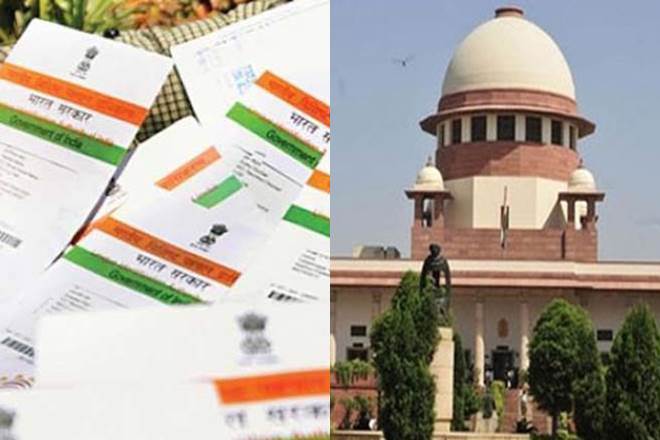
The Supreme Court of India on September 26 pronounced its judgement on the validity of the Aadhaar project, upholding it in a 4:1 verdict. While the Free Software Movement of India notes that certain blatant misuses of the project have been identified and struck down, at the same time, the larger infrastructure has been broadly left intact.
FSMI and its allies, from the very beginning, objected to the project due to the possibilities of data leakage, surveillance and exclusions. Our concerns were validated over the years as people were denied basic necessities, leading to even deaths, large-scale data leakages also occurred from various databases.
The declaration by the Supreme Court of Section 57 of the Aadhaar Act as unconstitutional, will hopefully mark the closing of the doors on the dangerous possibilities that arise out of private companies misusing Aadhaar data, as happened in the Airtel case. In the light of this section being declared unconstitutional, the government must immediately come up with a plan to scrub the data available with such companies. It is to be recalled that many financial entities, including telecom companies and banks, forced their customers to link their Aadhaar numbers, often employing threats of discontinuing services. The government must come up with an action plan to de-link this data and scrub their databases.
The majority verdict on the issue of inclusion is also a matter of concern. Considering the exclusion and consequent suffering by large segments of people due to the insistence on Aadhaar to avail of benefits, the Supreme Court’s willingness to accept the assurances of the government on the matter is disappointing. For those excluded from benefits due to failures in the Aadhaar authentication system, the vague nature of the Supreme Court’s pronouncements regarding “alternative arrangements” appear weak. The government must immediately come up with more concrete measures to address this exclusion of beneficiaries.
The majority judgement also ratified the passing of the Aadhaar Act as a Money Bill. As noted by Justice D.Y. Chandrachud in his dissenting judgement, this subversion of democracy through the bypassing of the Rajya Sabha is truly a “fraud on the Constitution” .
Finally, it is most disappointing that the majority of judges outright chose to accept the UIDAI’s arguments on the issue of privacy and surveillance instead of taking a broader look at the issue. As Justice Chandrachud noted, “Biometrics are at the very heart of identification systems. There are numerous instances in history where the persecution of groups of civilians on the basis of race, ethnicity and religion was facilitated through the use of identification systems.” The unwillingness of the court to consider the impact of the leakage of data that has already happened, and may continue to happen, does not bode well for the citizens of the country. The battle against surveillance by both the State and private entities will continue despite this verdict. It is the role of activists, organizations and people’s movements to continue this fight and potentially force a re-examination of this question and the Aadhaar eco-system as a whole.
For the Free Software Movement of India and its affiliated organizations across the country, this verdict does not mark a conclusion to the issues that have arisen around the project. The duty of keeping the government, the UIDAI and private entities accountable on the decisions announced today is of utmost importance. Of equal importance is the need to expand the consciousness of privacy among the people of the country and flag any violations of this right. Many more contradictions remain to be exposed in the Aadhaar system and FSMI will continue to be in the forefront of this effort.




